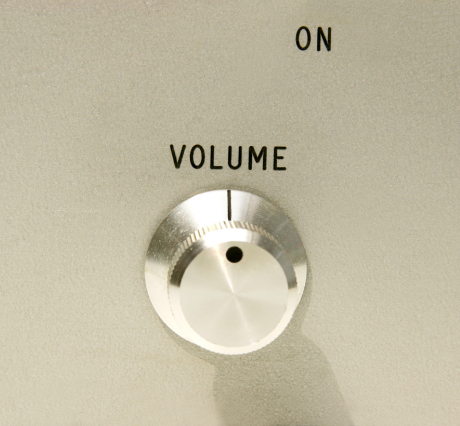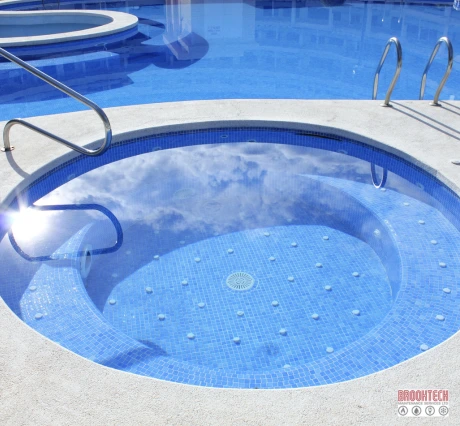Innovative Solutions for Noise Control in Commercial Spaces
Noise pollution in commercial environments can significantly impact productivity, concentration, and overall well-being. Finding innovative solutions for noise control is essential to create quieter and more productive work environments. By exploring acoustical design principles, soundproofing technologies, and the use of sound-absorbing materials, businesses can mitigate noise disturbances and improve the overall quality of their workspaces.
Acoustical Design Principles
Acoustical design principles play a crucial role in shaping the sound environment of commercial spaces. By understanding how sound behaves in different environments, businesses can implement design strategies to control noise levels effectively. Some key acoustical design principles include:
- Room Layout and Configuration: The layout and configuration of a room can impact sound transmission and reverberation. Designing spaces with adequate distances between workstations and utilizing sound-absorbing partitions can help minimize noise propagation.
- Surface Materials Selection: The choice of surface materials, such as flooring, ceiling tiles, and wall panels, can influence sound reflection and absorption. Opting for materials with sound-absorbing properties, such as acoustic ceiling tiles and carpeting, can help reduce reverberation and echo.
- Furniture and Equipment Placement: Placing furniture and equipment strategically can help mitigate noise disturbances. For example, positioning desks and workstations away from noisy equipment and machinery can minimize distractions and improve concentration.
- Sound Masking Systems: Sound masking systems emit low-level background noise to mask unwanted sounds and enhance speech privacy. By introducing controlled background noise, businesses can create a more comfortable and distraction-free work environment.
Soundproofing Technologies for Noise Control
Soundproofing technologies offer effective solutions for controlling noise transmission between different areas within a commercial space. By implementing soundproofing measures, businesses can minimize the transfer of noise from one area to another, creating quieter and more productive workspaces. Some common soundproofing technologies include:
- Acoustic Insulation: Installing acoustic insulation materials, such as fiberglass batts or mineral wool, in walls, floors, and ceilings can help reduce airborne noise transmission between rooms.
- Double Glazing Windows: Double glazing windows feature two layers of glass with a space in between to create a barrier against sound transmission. This technology helps block external noise from entering the building and improves indoor sound quality.
- Mass-Loaded Vinyl: Mass-loaded vinyl is a dense, flexible material that can be installed in walls, ceilings, and floors to reduce sound transmission. By adding mass to surfaces, mass-loaded vinyl helps absorb and block airborne noise effectively.
- Decoupling Techniques: Decoupling techniques involve separating building elements, such as walls and floors, to prevent the transmission of sound vibrations. By decoupling structural components, businesses can minimize the transfer of impact noise and vibrations.
Use of Sound-Absorbing Materials
Integrating sound-absorbing materials into commercial spaces can help reduce reverberation and control noise levels. Sound-absorbing materials, such as acoustic panels, ceiling clouds, and baffles, absorb sound energy and prevent it from reflecting off surfaces, creating a quieter and more comfortable environment for occupants. Additionally, incorporating natural elements like plants and greenery can further enhance acoustic performance while adding aesthetic value to the workspace.
By implementing innovative solutions for noise control, businesses can create more conducive work environments that promote productivity, concentration, and employee well-being. Whether through acoustical design principles, soundproofing technologies, or the use of sound-absorbing materials, businesses have a range of options to address noise disturbances and improve the overall quality of their commercial spaces.
Brooktech offers comprehensive solutions to address noise control challenges in commercial spaces. Our team of experts specializes in designing and implementing tailored acoustical solutions to meet the unique needs of each business. From conducting thorough acoustic assessments to recommending and installing soundproofing technologies and sound-absorbing materials, we ensure that businesses achieve optimal noise control outcomes. With our expertise and commitment to quality, Brooktech helps businesses create quieter and more productive work environments, enhancing employee satisfaction and overall well-being. Contact us today to learn more about how we can assist you in achieving effective noise control in your commercial space.









